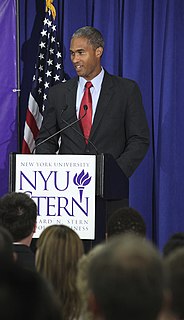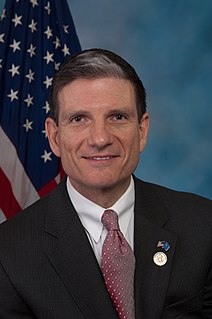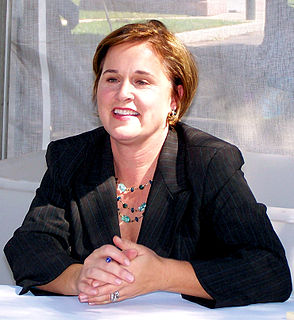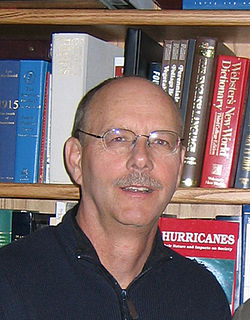A Quote by Bob Woodward
When you see how the President makes political or policy decisions, you see who he is. The essence of the Presidency is decision-making.
Related Quotes
The people have only a very vague direct power. They have the power of voting against the administration, again after its decisions have been taken; but they have no way of getting into the question of policy-making, decision-making, except insofar as the vague forces and pressures of public debate and public opinion have their impact on the President. The President still has to decide. He can't go to the people and ask them to decide for him; he has to make the decision. In that sense he was condemned to be a dictator.
Studies of decision-making in the monkey, where activity of single neurons in parietal cortex is recorded, you can see a lot about the time-accuracy trade-off in the monkey's decision, and you can see from the neuron's activity at what point in his accumulation of evidence he makes his decision to make a particular movement.
We look a little bit disorderly, indecisive, leaderless. That's a real problem, and that's a problem that concerns me particularly on foreign affairs. The presidency, not just President Obama, but the presidency in recent years has lost some of the terrain that they used to dominate in the making of foreign policy. I think President Obama has to make a serious effort to regain it because he lost some of it himself.
For me, what is political is very personal. Politics are not this abstract idea. Laws are the rules that dictate how we live our lives. What we eat is political. How we dress is political. Where we live is political. All of these things are influenced by political decision-making, and it's important to be part of the process.
When a president makes life and death decisions, he should draw strength and wisdom from broad and deep experience with the reasons for and the risks of committing our children to our defense. For no matter how many others are involved in the decision, the president is a lonely man in a dark room when the casualty reports come in.
The same individuals who are doing primary research in the role of humans on the climate system are then permitted to lead the [IPCC] assessment! There should be an outcry on this obvious conflict of interest, but to date either few recognize this conflict, or see that since the recommendations of the IPCC fit their policy and political agenda, they chose to ignore this conflict. In either case, scientific rigor has been sacrificed and poor policy and political decisions will inevitably follow.

































